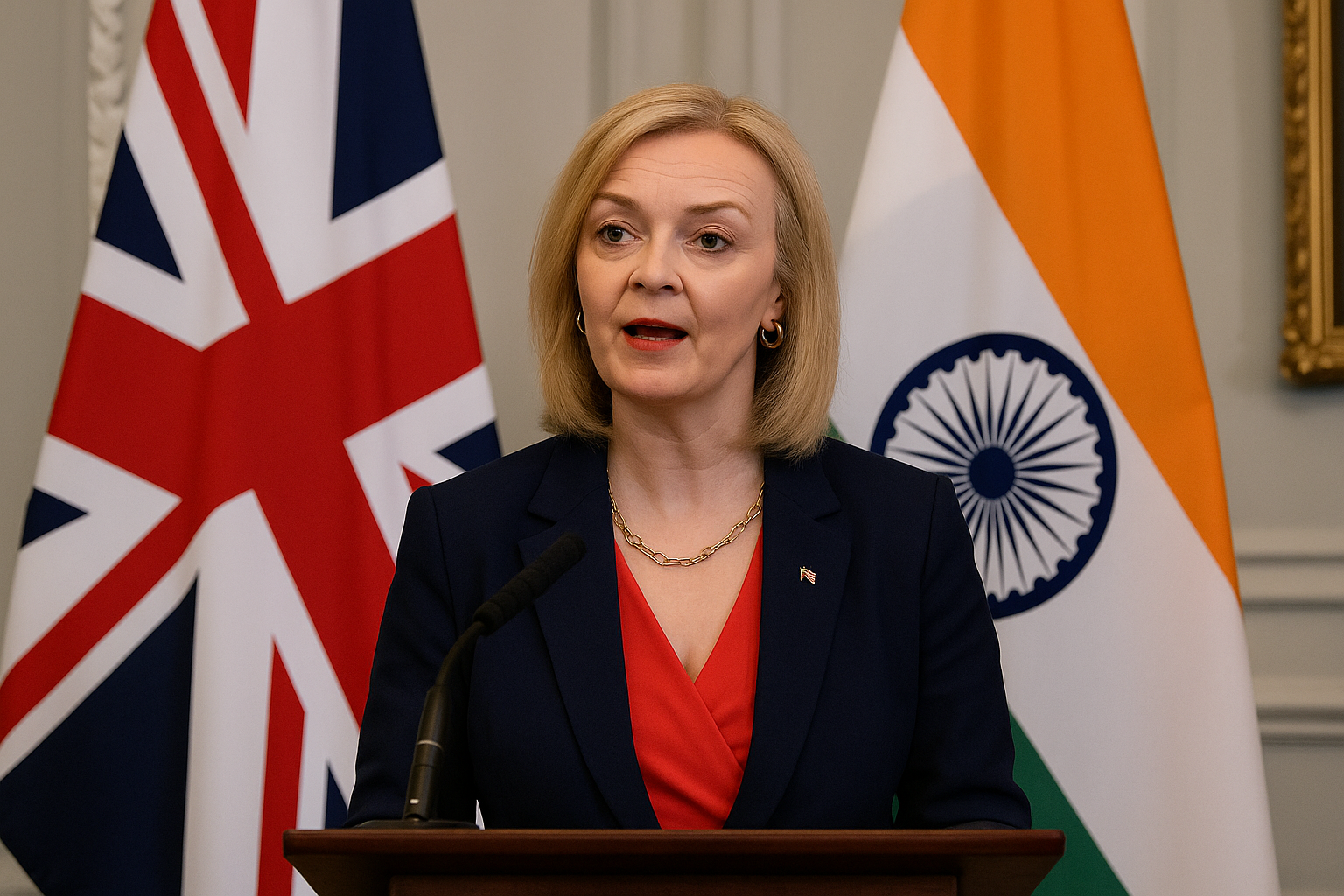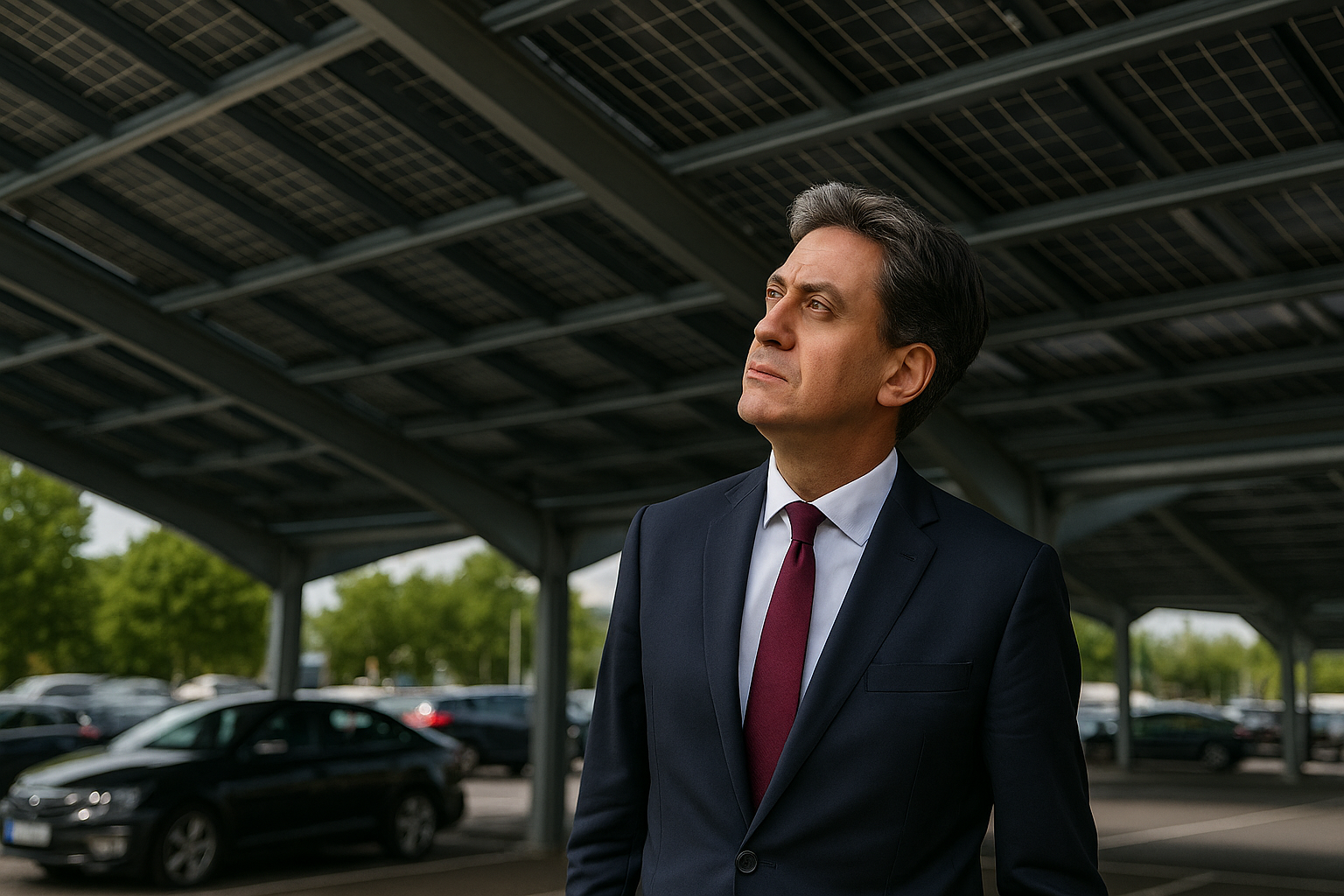UK-India Trade Pact: A Bold Message to the Global Stage, Declares Trade Secretary
The recent trade deal between the United Kingdom and India has been hailed by Business Secretary Jonathan Reynolds as a major step forward in global trade, especially in the wake of the protectionist wave sparked by former U.S. President Donald Trump’s tariffs. Speaking during a visit to the Beefeater Gin Distillery in Kennington, London, Reynolds shared his optimism, stating, “The world needs a story like this right now.” This agreement signals a renewed push for international cooperation, economic growth, and deeper bilateral ties between the UK and India.
A Tremendous Statement to the World
In response to ongoing global economic uncertainties, Reynolds described the UK-India trade agreement as more than a bilateral benefit—calling it a “tremendous statement to the world.” He emphasized, “It’s something that will boost wages, it will boost growth, it will boost prosperity.” This deal is being seen as a strong endorsement of free trade principles amid increasing protectionist pressures.
Forging Agreements in Difficult Times
Reynolds underscored the urgency and importance of forging such trade agreements in turbulent global times. “I do think some of the pressure that we’re facing around the world makes it even more important that major economies come to agreements themselves on trade and reduce those barriers to trade,” he said. The deal joins the world’s fifth and sixth largest economies in a partnership aimed at mutual benefit and stronger international alignment.
Benefits for UK Regions and Households
A key focus of the agreement is its impact on local UK communities. Reynolds noted that regions like Scotland, the Midlands, and the North of England stand to benefit most from provisions that will lead to “cheaper clothes and cheaper footwear.” This reduction in consumer costs is expected to improve household purchasing power and stimulate regional economies.
Diplomacy at the Serpentine
The agreement was reportedly cemented during a casual walk between Reynolds and Indian commerce minister Piyush Goyal around the Serpentine in Hyde Park. This anecdote highlights the role of personal diplomacy in achieving major trade outcomes. One outcome of the agreement is a new cap of 1,800 Indian musicians, chefs, and yoga teachers per year allowed to work in the UK—an element Reynolds clarified would have “no impact on the immigration system.”
Legal Services Excluded—For Now
While the deal includes numerous economic benefits, it does not contain provisions for legal services. Reynolds acknowledged this, stating, “There’s a recent Supreme Court decision in India that guarantees some of the access our legal profession already has in India.” This omission reflects the complexities and selective sectoral agreements that often characterize modern trade negotiations.
Future Investment Treaty in Sight
Looking to the future, Reynolds signaled his intent to pursue a bilateral investment treaty involving both countries’ finance ministries. Such a move could further enhance economic cooperation and open new avenues for investment in sectors ranging from finance to infrastructure.
Domestic Challenges and Public Sentiment
Reynolds did not shy away from domestic political realities, recognizing Labour’s recent setbacks in local elections. He linked the performance in part to issues like cuts to winter fuel payments, stating, “We know fundamentally people elected this government because they want to see change and that hasn’t come soon enough for them, so we’ve got to listen to that, get on with the job.” The government’s challenge lies in balancing domestic expectations with global ambitions.
Boost for the Gin Industry
During his visit to the Beefeater distillery, Reynolds met with Desmond Payne, Beefeater’s master distiller emeritus. Payne welcomed the trade deal as “great news” for the UK spirits industry, especially given India’s steep 150% tariff on imported spirits. “To give them the opportunity at a more favourable price to enjoy UK-produced products like our great Scotch whisky brands and English and UK gins just opens up the door to us and the Indian consumers,” he said.
Access to a Growing Market
India’s growing market, with around 20 million individuals reaching drinking age each year, presents a significant opportunity for UK exporters. The trade agreement paves the way for British spirit producers to tap into this expanding demand, potentially boosting exports and industry revenues.
Conclusion: A Deal That Signals Global Confidence
The UK-India trade agreement stands as a powerful symbol of collaboration, resilience, and mutual benefit in a time of uncertainty. With impacts that stretch from national economies to local households, the deal reflects the power of strategic partnerships to generate prosperity. As Secretary Reynolds noted, in today’s world, stories like this are not just good politics—they’re essential for rebuilding faith in global trade.





